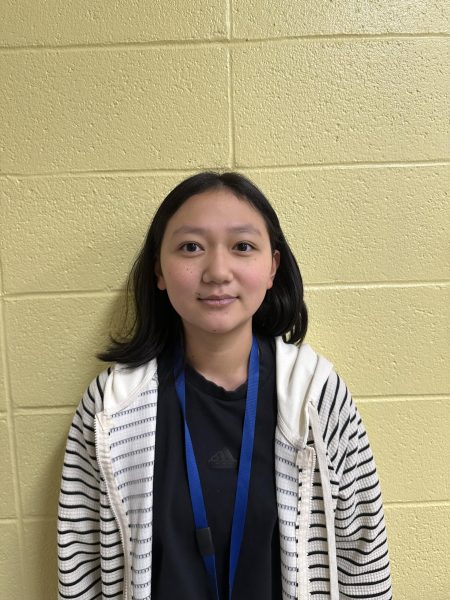At age 35, internationally acclaimed author Baek Sa-hee died on October 16, 2025. Her best-selling memoir, I Want to Die But I Want to Eat Tteokbokki, which traces her path toward recovery from depression and explores the importance of mental health, has touched millions of readers around the world.
According to the BBC, though the cause of her death remains unclear, the Korean government announced that she donated her heart, lungs, liver, and kidneys, saving five lives in the process.
Baek suffered from dysthymia, a mild yet persistent form of depression, which became the foundation of much of her writing. She studied creative writing at university and in publishing for five years before releasing her own memoirs, as reported by the BBC.
For many Koreans, tteokbokki is more than just a trendy street food; it is comfort, warmth, and a source of nostalgia. For Baek, the spicy rice cakes symbolized small joys that gave her the strength to continue. In I Want to Die But I Want to Eat Tteokbokki, published in 2018, she chronicled conversations with her psychiatrist about her struggle with depression. Her candid reflections and quiet optimism resonated deeply with readers across the world, sparking waves of gratitude and condolences online following her passing, according to the BBC.
According to The Korea Times, Peter Jongho Na, an assistant professor of psychiatry at Yale School of Medicine, wrote on social media that Baek’s work gave him hope that perceptions of psychiatry in Korea were beginning to change. He recalled being struck by her book’s “well-crafted title” and reading it through to the end, adding that “a person’s legacy is made of all the lives they’ve touched, changed and helped,” and that his heart ached knowing someone who had reached so many was gone.
Anton Hur, the International Booker Prize-nominated translator of both of Baek’s memoirs, said that while Baek saved five lives through the donation of her organs, “her readers will know she touched yet millions of lives more with her writing.”
Baek’s editor at Bloomsbury, the U.K. publisher that introduced her work to English readers, said that reading her books naturally sparks conversation and connection, something Baek always sought, and that “she achieved this and so much more.”
Earlier this year, Baek released what would become her final book, A Will from Barcelona, a departure from her earlier reflections on Korean culture. Its 35-year-old protagonist, Sam Lee, a writer struggling with feelings of inferiority and admiration toward his Spanish translator, represents Baek’s ongoing search for understanding and self-acceptance.
Baek’s passing leaves a silence in contemporary Korean literature, but her words continue to speak with rare sincerity and compassion. Through her stories, she gave voice to struggle and taught readers that even in darkness, there is warmth to be found in small, human moments.














































































































































